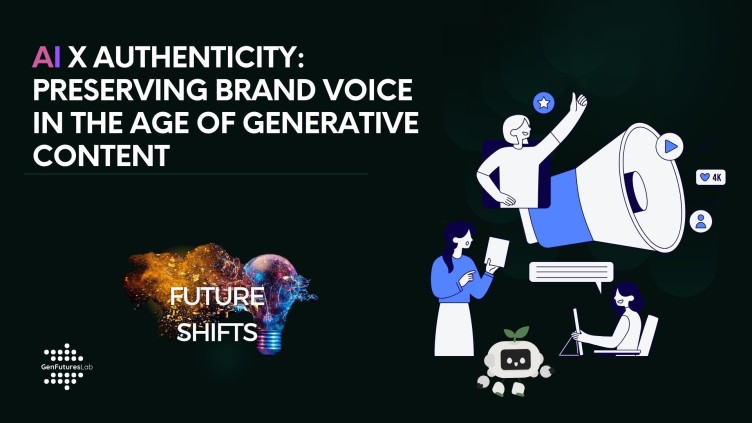Using AI at Scale to Automate Global Content Creation
My recent webinar "Using AI at Scale to Automate Global Content Creation," featuring Vincent Henderson, VP of Strategy at Lionbridge, explored critical trends shaping the future of localisation, content automation, and large language models (LLMs). In an engaging conversation, Vincent provided valuable insights, practical examples, and strategic guidance for businesses navigating the evolving landscape of AI-driven content creation.
AI-Driven Content Creation at Scale
Vincent illustrated how Lionbridge leverages AI to transform the creation of product descriptions using structured data from Product Information Management (PIM) systems for their clients. This goes beyond basic translation, involving AI-generated, consumer-centric narratives for various marketing channels, significantly improving efficiency and scale. Businesses can thus rapidly convert structured product data into appealing, multilingual content without extensive manual effort, resulting in significant cost and time savings.

The Importance of Context
One of the key points raised was the critical role of context in effective localisation. Vincent explained that using LLMs effectively involves more than simple translations; it requires precise prompting and meticulous configuration to ensure content accuracy and relevance. He emphasised the importance of giving AI clear context, such as intended audience, brand voice, style guides and specific linguistic nuances. He shared compelling examples demonstrating how misunderstanding context, particularly metaphors and idiomatic expressions, can result in misleading or nonsensical translations, underlining why context management is essential to successful AI applications.
Economic and Strategic Implications
Addressing practical outcomes, Vincent highlighted the economics behind using advanced AI models for hyper-personalisation. He explained that while hyper-personalisation—tailoring content precisely to individual users - has significant potential, businesses must carefully consider its economic viability. Advanced models capable of such personalisation typically incur higher costs, and thus businesses must balance these expenses against expected improvements in user engagement or conversion rates.
Practical Implementation and Workflow Efficiency
Vincent shared Lionbridge's structured workflow, focusing on iterative improvements to AI outputs. He highlighted how their platform incorporates continuous feedback loops, allowing ongoing refinement based on customer inputs. This iterative, software-like development approach ensures that AI-generated content aligns closely with brand voice, style guides, and customer expectations, significantly reducing human intervention in routine editing tasks.

The Future of Localisation and AI
Looking ahead, Vincent identified two critical trends shaping the future of AI in content production. Firstly, the emergence of "agentic AI," autonomous systems capable of independently managing decisions and orchestrating multiple AI interventions, is likely to dominate. These autonomous agents will manage increasingly sophisticated and multifaceted workflows, enhancing content creation efficiency at scale.
Secondly, Vincent predicted major advancements in AI-generated video content, emphasising the importance of multimedia content in future localisation and automation strategies. Although video AI currently lags behind textual AI by a couple of years, advancements in object persistence and automated video editing promise significant opportunities for brands to create multimedia content more efficiently.
Implications for Human Roles
We also discussed the evolving role of humans in the AI-driven content creation process. Rather than completely removing humans from workflows, Vincent foresees a shift in responsibilities. Human involvement will increasingly focus on strategic thinking, iterative refinement, and high-value tasks requiring nuanced judgement. This evolution will demand clear guidelines, iterative improvement processes, and strategic oversight rather than routine manual intervention.
So What Next?
The conversation with Vincent Henderson painted a compelling picture of the future, where AI-driven platforms like Aurora streamline global content creation significantly, driving down costs and increasing scalability. Simultaneously, human roles will become more strategic and less focused on repetitive tasks, enabling organisations to benefit fully from advanced localisation and content automation.
Watch the entire webinar 👇
.svg)



.svg)
.svg)
.svg)
.svg)

.svg)


